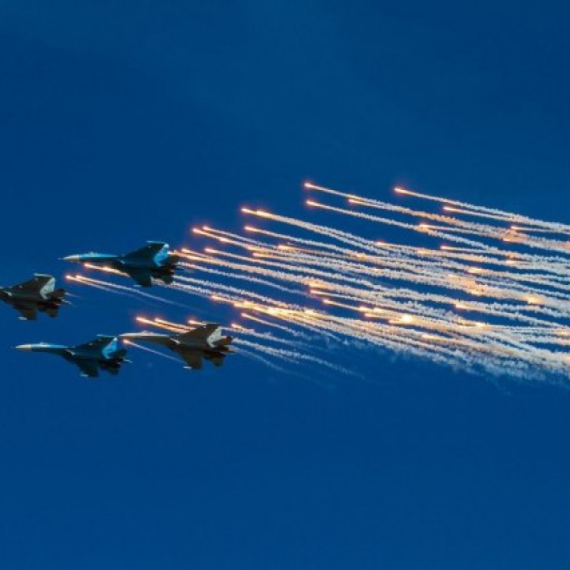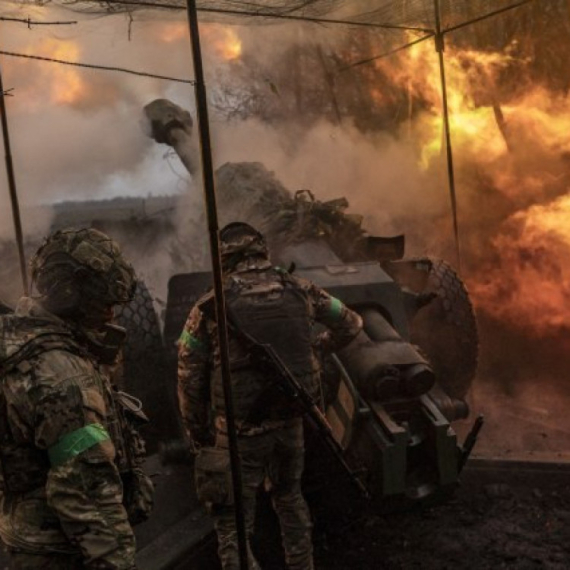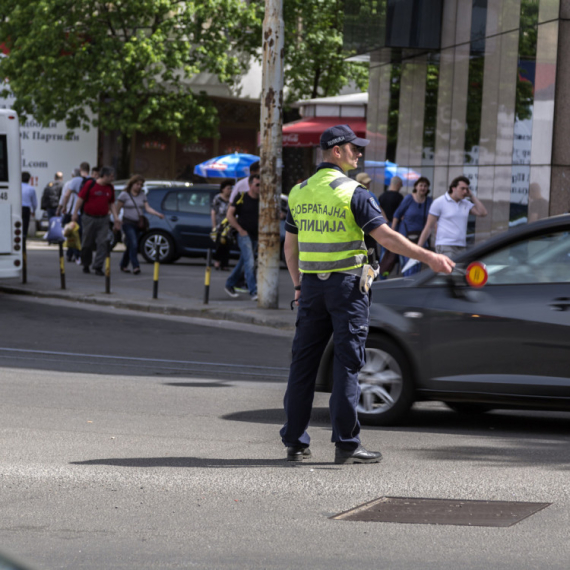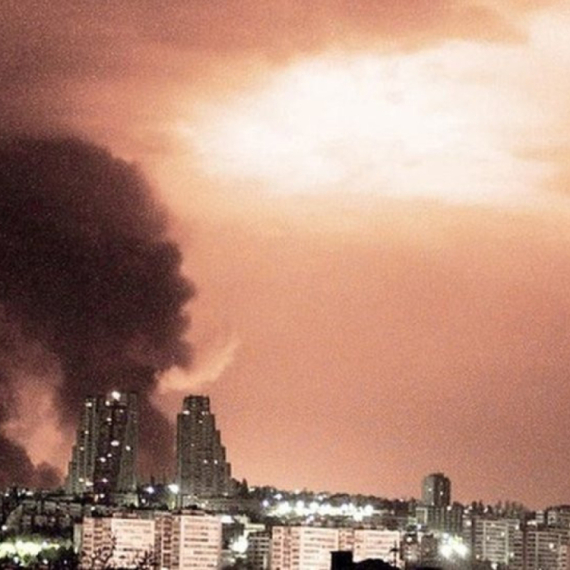"Diary of Great War" published in Serbian
Samizdat B92 has published a new book by Gordana Ilić Marković, "A Diary of the Great War" ("Dnevnik Velikog Rata").
Friday, 12.09.2014.
13:38

"Diary of Great War" published in Serbian
A dense network of testimonies from the battlefield and away from the front lines (in occupied Belgrade, Šabac, Thessaloniki, Corfu, Bizerte, Paris, Austro-Hungarian concentration camps) has been created. The author has not given primary role to literary texts, nor was she of the opinion that documentary texts should be only a context for better understanding of literature. Considering that all texts are equally relevant, she avoided the division between the center and the periphery, and enabled texts to face each other, intersect, coincide or conflict. In a mosaic constellation established in this way, poetic texts did not lose in value, while documentary, artistic and publicist ones were seen in a new light.The presence of other, rival views and sources proved to be particularly important in that segment of the war that took place behind the front lines, where instead of armies, national and cultural identities clashed. This was the "culture war" space at the center of which was the Serbian language and the Cyrillic script, Matović noted in her review.
"This is in many ways a lucky, to the point response to the anniversary, the need of the culture of memory not to forget famous events of the past, to symbolically (in the form of the written word) build, or rebuild, or visit the monuments of the time. In the ongoing struggle between history and modernity, this book helps to establish at least a temporary equilibrium, at least out of respect to the victims.
The author did not choose testimonies to the glory, but to the suffering. It is no coincidence that she entitled her preface to the selection of texts as, "I avoided to remember', the first sentence of Momčilo Nastasijević's 1915 prose 'Viđenje'. The images of suffering are so unbearable that any subsequent, later stylization has to be reshaped.
The virtue of this book is that it merged resources of various types and is related to different areas: literature, printed media, posters, news, reviews, poetry and prose, memoir documents and diary notes. The author has conducted multiple studies and managed to illuminate the Great War from different viewpoints. There is no such compound in Serbia's history of victory and defeat, defeat and victory, nor such suffering as what happened in the First World War.
This study reminds us that true honor to the victims and heroism of the Great War generation would be in collection, systematization of documents. It is never too late to make a stance according to values, and, if there are no conditions to be a knight and a saint, there are conditions for pride and dignity, as Isidora Sekulić would say," wrote Professor. Dr. Dušan Ivanić of the Faculty of Philology, University of Belgrade.
"By gathering snippets of diary notes, letters, literary works of Serbian, Austrian and German authors - from those whose names and biographies are the foundations of modern literary and political and military history of the first decades of the 20th century, to those who are now almost nameless, with their writing building in only a new small stones into the Great War history and the mosaic of collective memory - Gordana Ilić Marković has, through careful selection, put together strong and powerful images of the war and of human destinies. Writers, journalists, artists, soldiers, diplomats witnessed a fateful earthquake that in four years of the war slaughter wiped out the Belle Epoque Europe and changed not only its political map, but, similarly to the impact of the war psychosis on soldiers in the trenches, reshaped contemporary understanding of the role, meaning and place of artistic creation, its relation to politics, ideology and humanism.
Documentary materials chosen by the author, the preface, contributions from historians Mile Bjelajac and Anton Holzer, the scientific apparatus, illustrations, a chronology, biographical notes, all make the book, written originally for the German-speaking area, that is very interesting and necessary for Serbian readers. This book warns about the strength of historical and cultural oblivion, encourages reflection on the relationship between artistic creation and war, raises the possibility of a more complex perception of historical experience and judgments about it," said Professor. Dr. Milan Ristović, from the Faculty of Philosophy in Belgrade.
Gordana Ilić Marković was born in 1964 in Zenica, Bosnia-Herzegovina. She graduated from high school in Šabac, Serbia, and studied classical sciences at the Faculty of Philosophy in Belgrade, and Japanese and Slavic Studies at the University of Vienna. She teaches at the Department of Slavic Studies at the University of Vienna. She has published papers in areas of methodology of teaching foreign languages, multilingualism, language policy, reading competency, south Slavic-Austrian linguistic and cultural ties. Ilić-Marković has actively participated in the design and implementation of numerous inter-cultural projects.
The book is available online in Serbian and in German.

























































Komentari 0